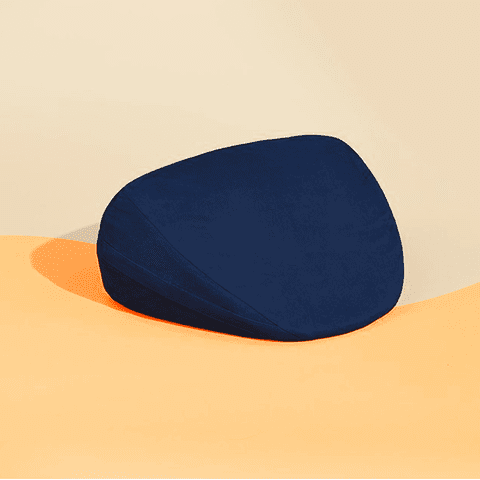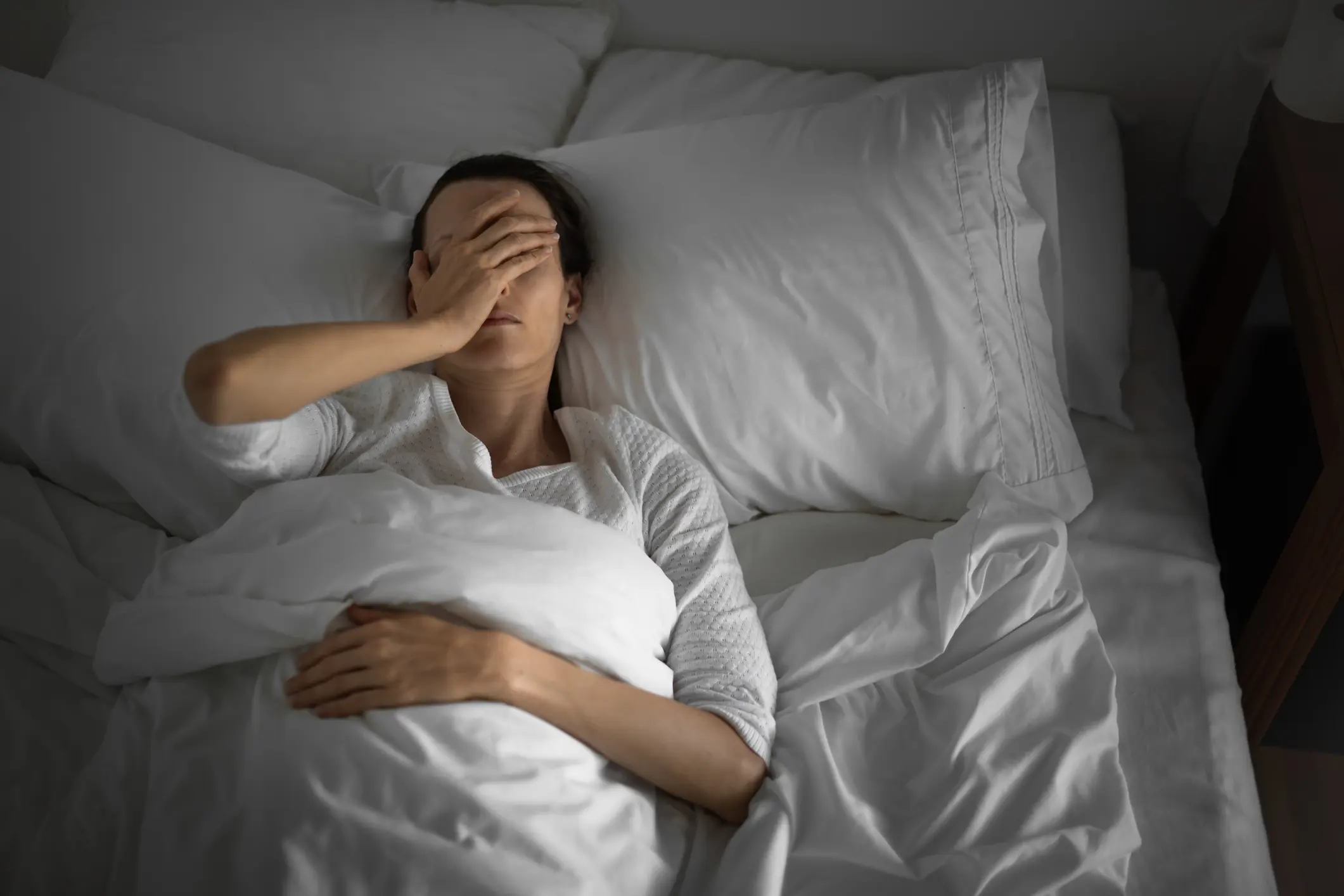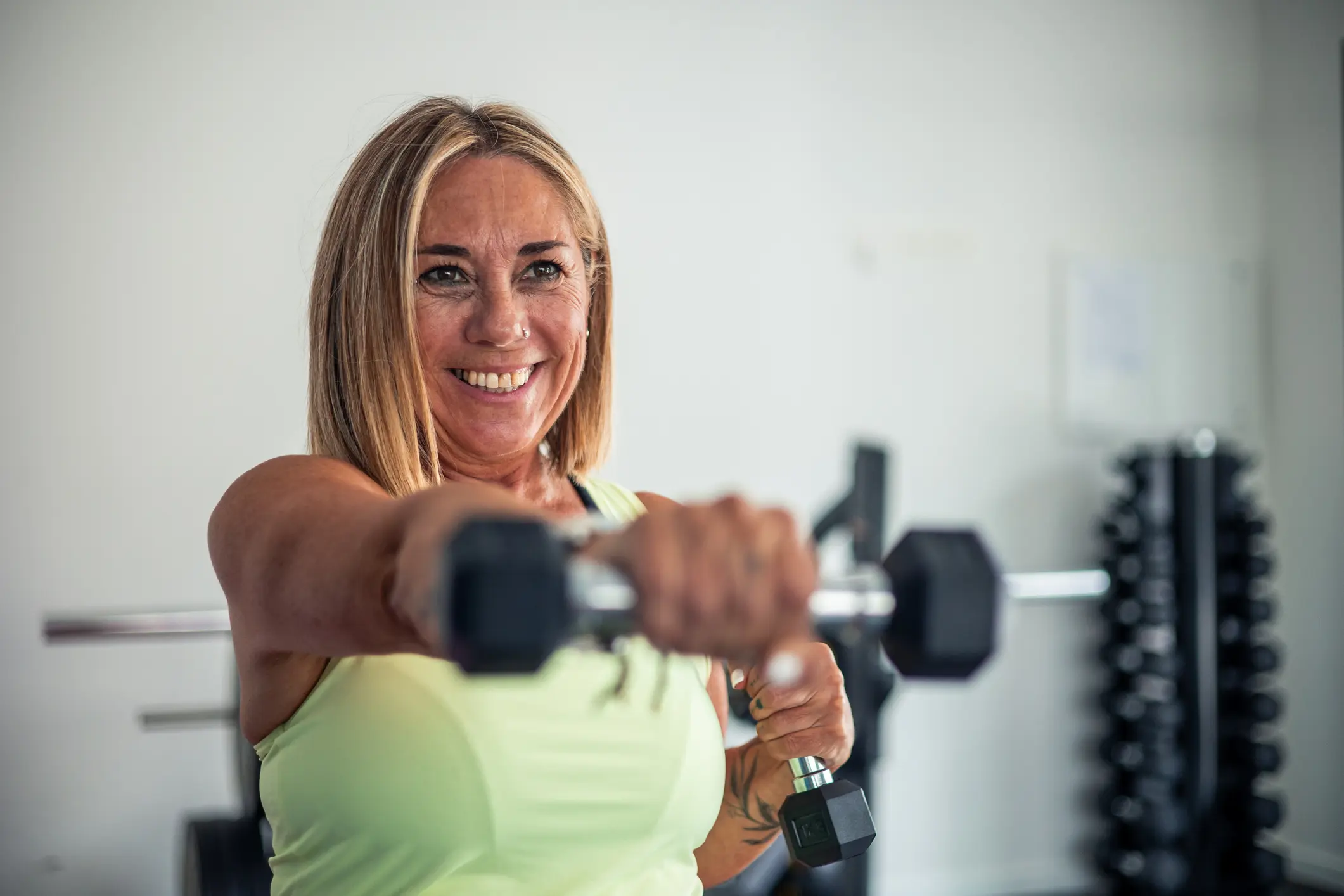

A few little known facts about menopause & migraines:
Women are 3x as likely as men to be impacted by migraines.
Up to 29% of women experience migraines during the menopause transition.
About 8-13% of women report new onset migraines during perimenopause.
For those of you who’ve have the great pleasure of dealing with headaches, you know that finding the culprit isn’t always simple.
Most headaches are triggered by factors such as stress, alcohol, and allergies. These days, in particular, there’s no shortage of environmental stressors (last year, experts saw a 20% increase in migraines).
However, there’s a lesser-known connection between migraines and fluctuating hormones. A recent study from the North American Menopause society even found a relationship between migraines and hot flashes in postmenopausal women.
If you’ve noticed an uptick in your headaches and migraines following the onset of perimenopause, it may be time to consider how your hormonal health plays a role.
So…is there anything you can do to control headaches besides popping a few Advils?
Before we get into our expert tips, here’s a quick guide to the main types of headaches:
Tension headaches: cause moderate pain, come and go over time, most common among adults and teens
Migraine headaches: characterized by debilitating, throbbing pain on one side of your head as well as light and sound sensitivity
Cluster headaches: marked by intense pain behind or around one eye, can be throbbing or constant
Sinus headaches: deep, constant pain in your cheekbones, forehead, or the bridge of your nose
What you can do
1. Keep a headache diary. Tracking your migraines allows you to get a better sense of what may be causing them. Take note of the time of day, severity, triggers, and any correlation to your menstrual cycle. If you decide to see a doctor about your migraines, having this diary will be incredibly helpful.
2. Eat regularly. Prolonged hunger and low sugar levels can trigger headaches. Avoid skipping meals or opt for smaller, more frequent meals. Anecdotal evidence also points to potential “trigger” foods to avoid, including red wine, beer, caffeine, aged cheeses, chocolate, cured meats, food preservatives (nitrates, nitrites, MSG, artificial sweeteners), smoked fish, and yeast extract.
3. Stick to a consistent bedtime. Our bodies thrive off of a 24-hour circadian rhythm, so sticking to a regular bedtime can aid us physiologically. Bonus tip: Develop a wind-down routine that incorporates your favorite wellness activities (sipping on herbal tea, journaling, taking a warm bath, etc). This will help to calm your body’s fight or flight system.
4. Exercise regularly. Research suggests that exercise may be *just* as effective as using prescription medication to reduce the severity of migraines. One study in particular found that those who performed aerobic exercise for 40 minutes at least three times per week had a similar reduction in migraine frequency as those who took topiramate (a common medication for migraines).
Interested in learning more about the supplements and medication options available for migraines? Click here to access our full guide to headaches during the menopause transition.
WHAT ELSE WE’RE READING
“I believe I have unlimited potential but it is not supported by others due to my age”: a dive into the very real impact of gendered ageism in the workplace.
Meet the kickass Forbes 50 over 50 female investors and financial leaders paving the way for a more inclusive financial future.
Are older unmarried couples happier?
Amy Schumer recently got candid about her debilitating endometriosis journey (we’re 100% on board with more celebs speaking up and out about their repro health issues).
💜 Elektra In The News: Read the Q+A with Elektra’s Co-founders Alessandra Henderson and Jannine Versi from Fitt Insider.
HEALTHY OBSESSIONS*

We’re big fans of the Mediterranean diet for its positive effects on menopause symptoms. This YouTube page has all the recipes and inspiration you need!

This unassuming pillow can make a big impact on your pleasure and comfort in the bedroom (bonus: it’s made by an awesome women-owned company).
* We’re not paid to feature these products. We just like them and think you may like them too.
KEEP CALM AND ELEKTRA ON



